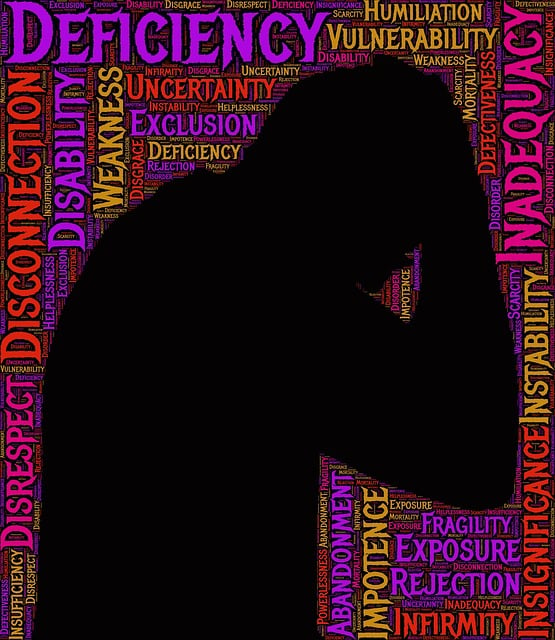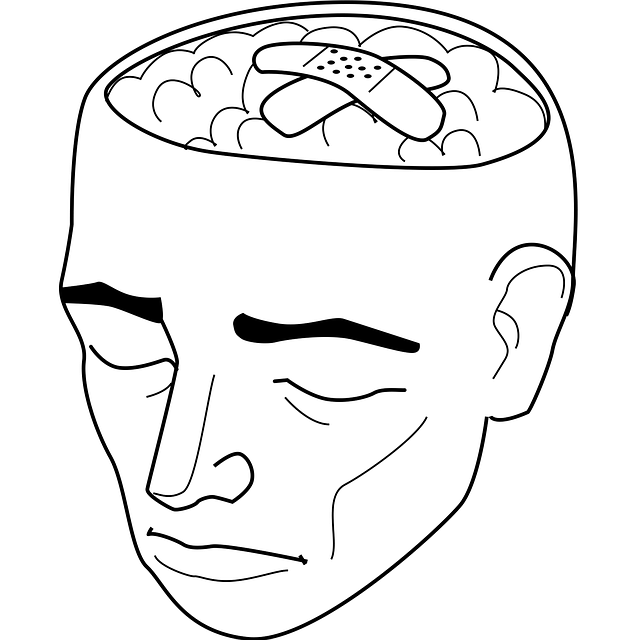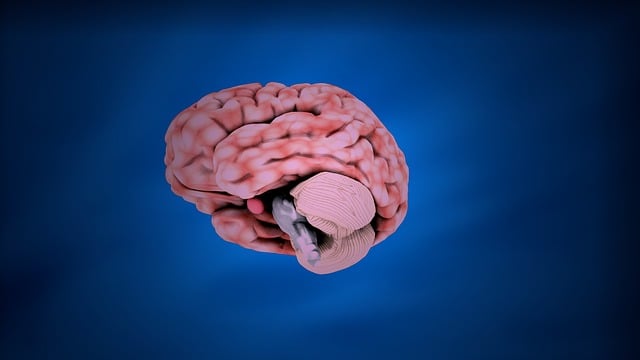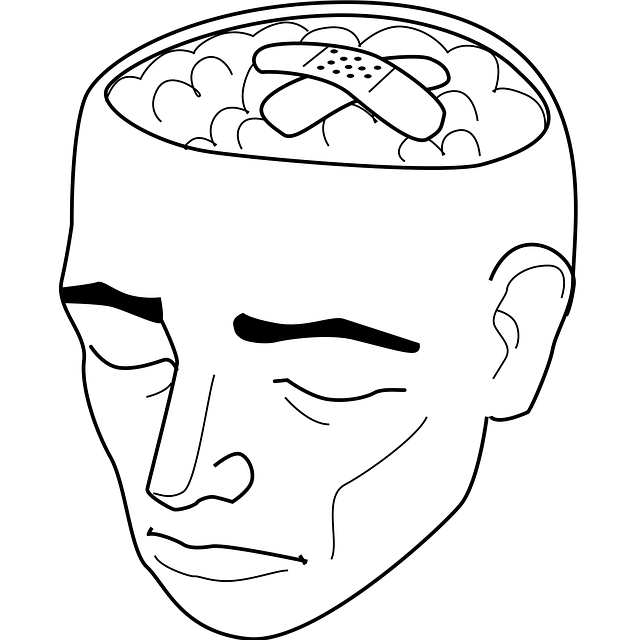Crisis Intervention Teams (CITs), integrating Superior French-Speaking Therapy, offer immediate, culturally sensitive mental health support in critical situations, bridging communication gaps with French-primary speaking patients. Trained on real-life scenarios and self-care practices, CIT members enhance cultural competency, de-escalate intense situations, and coordinate with healthcare systems for holistic patient care, ensuring positive outcomes for diverse communities.
In today’s complex healthcare landscape, Crisis Intervention Team (CIT) training is an indispensable asset for mental health professionals. This article explores the critical role of CITs in providing immediate support during crises. We delve into specific considerations for training programs, focusing on the unique needs of superior French-speaking therapists in high-pressure situations. By examining key components, practical skills, and resilience-building techniques, we aim to enhance preparedness and improve long-term outcomes for both therapists and clients.
- Understanding Crisis Intervention Teams: A Vital Resource in Mental Health Support
- The Role of Superior French-Speaking Therapists in Critical Care Situations
- Designing Effective Training Programs: Key Components for Comprehensive Learning
- Practical Skills and Techniques for Navigating High-Stress Scenarios
- Fostering Resilience and Empathy: Preparing Therapists for Long-Term Impact
Understanding Crisis Intervention Teams: A Vital Resource in Mental Health Support

In today’s world, where mental health challenges are increasingly prevalent, Crisis Intervention Teams (CITs) have emerged as a vital resource in providing immediate and effective support. CITs are specialized groups of professionals, often including superior French-speaking therapists, trained to handle critical situations involving individuals experiencing severe emotional distress or suicidal ideation. These teams offer a coordinated response, combining emergency medical services with mental health expertise.
The role of these crisis intervention teams is multifaceted, encompassing not just immediate intervention but also post-crisis support and self-care practices for both the affected individual and the professionals involved. By integrating superior French-speaking therapy into their training programs, CITs ensure cultural sensitivity and accessibility in delivering care. Additionally, they facilitate coping skills development and risk assessment, enabling mental health professionals to navigate complex situations with confidence and competence while emphasizing the importance of personal well-being through self-care practices.
The Role of Superior French-Speaking Therapists in Critical Care Situations

In critical care situations, having French-speaking therapists on a crisis intervention team is invaluable. These professionals bring a crucial element of superior French-speaking therapy, enabling effective communication with patients and families who primarily speak French. This is particularly vital in multicultural settings where language barriers can significantly impact emergency care. With the ability to assess and understand patients’ needs, these therapists play a pivotal role in providing immediate trauma support services tailored to cultural nuances.
The presence of French-speaking therapists enhances cultural sensitivity in mental healthcare practice, ensuring that all patients receive respectful and competent treatment. Their expertise not only facilitates better patient outcomes but also fosters trust between care providers and diverse communities. This specialized skill set is essential for crisis intervention teams aiming to deliver holistic, effective support during high-pressure situations.
Designing Effective Training Programs: Key Components for Comprehensive Learning

Effective crisis intervention team (CIT) training programs are meticulously designed to equip mental health professionals with the necessary skills and knowledge to handle critical situations. A comprehensive approach involves several key components, ensuring that trainees gain practical experience and theoretical understanding. One of the vital aspects is incorporating real-life scenarios, allowing participants to practice their response strategies under controlled conditions. This hands-on learning facilitates better retention of information and prepares them for diverse crisis situations.
Additionally, integrating self-care practices and risk management planning into the curriculum is essential. Teaching professionals how to manage their own mental health and well-being enables them to effectively support others. It also encourages self-esteem improvement, fostering a positive mindset crucial for handling challenging cases. The program should balance theoretical instruction with interactive activities, case studies, and role-playing exercises to engage trainees and enhance learning outcomes, especially when focusing on superior French-speaking therapy techniques.
Practical Skills and Techniques for Navigating High-Stress Scenarios

Effective crisis intervention team training equips members with practical skills and techniques to navigate high-stress scenarios, fostering a supportive environment for those in need. Participants learn de-escalation strategies, active listening techniques, and mental health awareness, enabling them to provide compassionate care during crises. The program emphasizes the importance of cultural competency, specifically in French-speaking communities, ensuring that interventions are sensitive to diverse backgrounds and needs.
Through interactive exercises and role-playing, trainees gain hands-on experience managing intense situations. This includes learning to recognize signs of distress, quickly assess risks, and implement evidence-based practices for stress management. The training also covers the coordination with local healthcare systems and emergency services, ensuring a comprehensive response that addresses both immediate needs and long-term recovery.
Fostering Resilience and Empathy: Preparing Therapists for Long-Term Impact

Crisis intervention team training programs play a pivotal role in equipping therapists with the necessary tools to handle high-pressure situations effectively. However, their impact extends far beyond immediate crisis resolution. Through rigorous mental health education programs designed to foster emotional intelligence and cultural sensitivity in mental healthcare practice, these initiatives prepare therapists for long-term success. Superior French speaking therapy, tailored to address the linguistic needs of diverse communities, is a testament to this commitment. By honing both technical skills and empathetic approach, crisis intervention teams can deliver sustainable support that resonates with individuals from various backgrounds, ensuring lasting positive outcomes.
Crisis intervention team training programs, encompassing practical skills, superior French-speaking therapy techniques, and empathy fostering, are indispensable tools in mental health support. These comprehensive programs equip therapists to navigate high-stress scenarios effectively, ultimately revolutionizing care for individuals in crisis. By prioritizing thorough training, we enhance the resilience of our therapeutic community and improve long-term outcomes for those seeking help.














